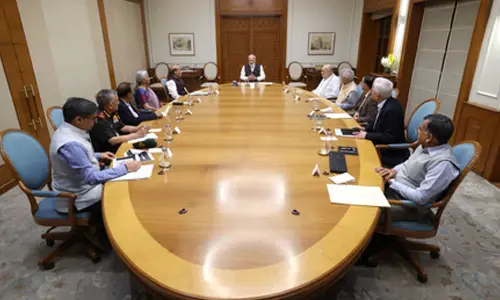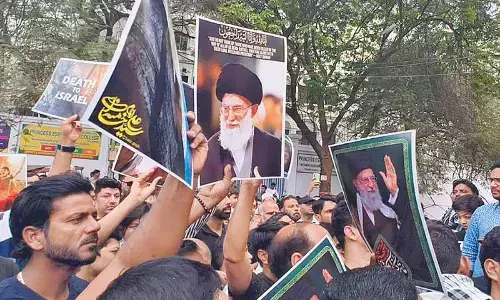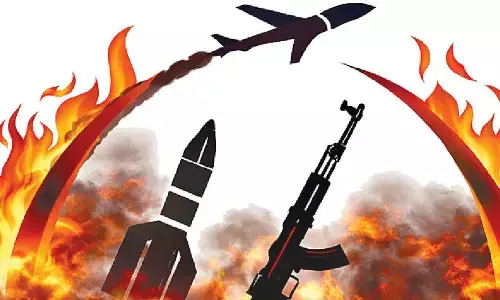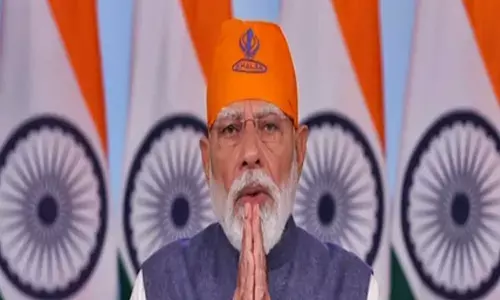G7 spending 62 times more on military than humanitarian aid
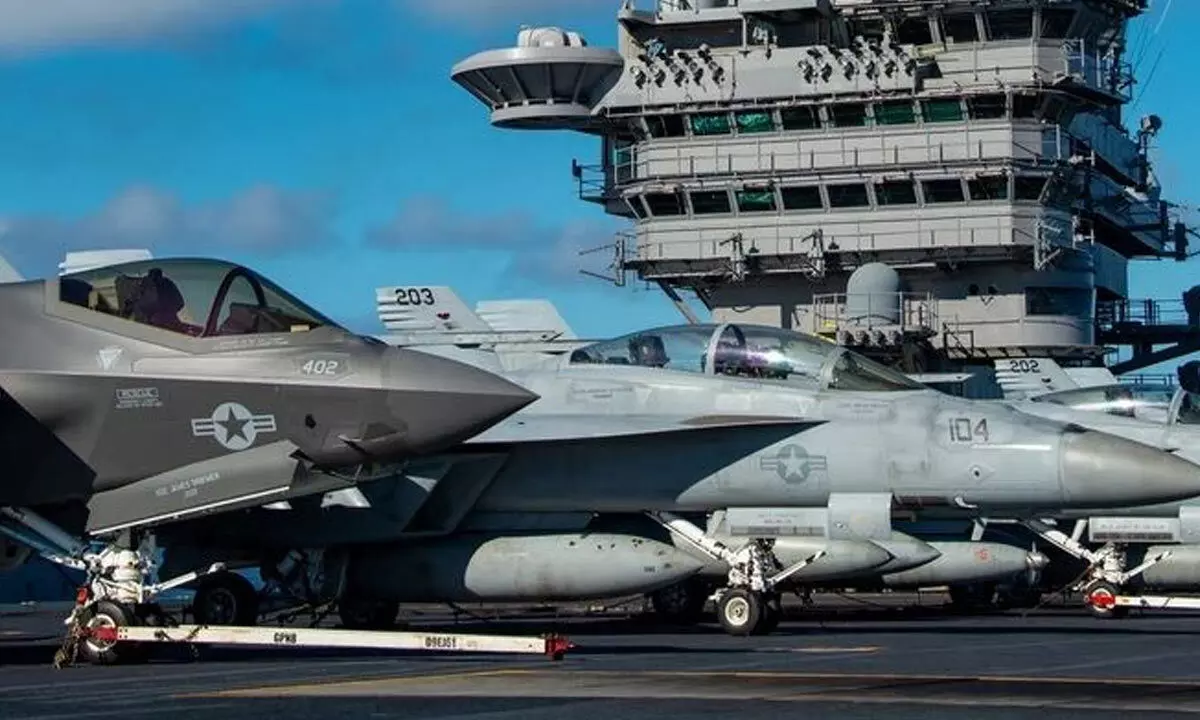
Despite historic levels of forced displacement due to armed conflict, Group of Seven member countries have increased their military expenditures to record highs while they slash spending on humanitarian aid for people affected by wars that these powerful nations often started or stoked, an analysis published Friday revealed
Despite historic levels of forced displacement due to armed conflict, Group of Seven member countries have increased their military expenditures to record highs while they slash spending on humanitarian aid for people affected by wars that these powerful nations often started or stoked, an analysis published Friday revealed.
According to Birmingham, England-based Islamic Relief Worldwide, military spending by G7 members Canada, France, Italy, Germany, Japan, the United Kingdom, and the United States—which wrapped up Friday in Puglia, Italy—rose to $1.2 trillion last year, the overwhelming bulk of that amount attributable to the U.S.’ $886.3 billion Pentagon budget. “Too many governments are putting far more resources towards acquiring weapons of war than helping those suffering the deadly impacts of conflict.” That’s a 7.3% increase over 2022 levels, and 62 times what those countries spent on all humanitarian aid in response to wars and disasters.
“From Gaza to Sudan, Ukraine to Myanmar, we see millions of lives destroyed by war,” Islamic Relief head of global advocacy Shahin Ashraf said in a statement. “The humanitarian needs today are greater than ever before, so it’s scandalous that many wealthy G7 nations are cutting aid while spending more than ever before on weapons.”
It’s not just the G7. According to this year’s Stockholm International Peace Research Institute annual analysis, global military spending increased 6.8% to a record $2.4 trillion in 2023. “Too many governments are putting far more resources towards acquiring weapons of war than helping those suffering the deadly impacts of conflict,” Ashraf asserted. “More must be invested in eradicating poverty and fostering peace and development, not fueling war and destruction.”
Islamic Relief Worldwide said: While some of the discussions at the G7 summit focus on restricting immigration into rich developed nations, most people displaced by conflict remain in war-torn countries and impoverished neighbouring countries. After more than a year of brutal war, Sudan is now the world’s biggest displacement crisis with over 10 million people—about a quarter of the population—now forced from their homes. The vast majority of people fleeing the violence in Sudan remain in the country, with many receiving aid from local communities, youth groups, and mosques.
“As rich nations increasingly shut their borders and cut aid, in places like Sudan it is heartening to see the generosity of some of the world’s poorest communities taking displaced people into their homes and sharing their food and water with them,” said Ashraf. “But they need more international support, especially from the wealthiest countries.”
Another analysis published ahead of the G7 summit by Oxfam International revealed that just 3% of the seven countries’ 2023 military expenditures would be enough to “help end world hunger and solve the debt crisis in the Global South.”
With funds equivalent to just 2.9 percent ($35.7 billion) of their combined annual military spending, Group of Seven (G7) countries could help end world hunger and solve the debt crisis in the Global South, reveals new Oxfam analysis ahead of the G7 Summit in Borgo Egnazia, Italy.
Eradicating world hunger in all its forms would require $31.7 billion more from donors, and Oxfam estimates that the G7’s fair share of debt relief efforts for the world’s poorest countries is equivalent to $4 billion, for a total of $35.7 billion.
“Governments are finding their pockets run deep to fund war today, but when it comes to stopping starvation they are suddenly broke,” said Oxfam International’s Head of Inequality Policy Max Lawson.
“We’re talking about a small commitment with the potential for huge impact. Imagine a world where no one goes to bed hungry and where countries in the Global South can put money into public schools and hospitals instead of debt interest payments. The G7 not only has the means, but the moral and strategic imperative to make this happen,” said Lawson.
Hunger is rising rapidly in many places, including Somalia, Guatemala, Yemen and Kenya, with devastating consequences. Over 281 million people are now grappling with severe hunger and malnutrition. Gaza is facing one of the most severe hunger crises in the world, caused by Israel’s ongoing onslaught and siege of the enclave. People are already in extreme suffering and dying of starvation and treatable diseases. These deaths will increase at a faster rate unless a ceasefire is forged and full humanitarian access and safe distribution are allowed.
(https://www.
commondreams.org/)



